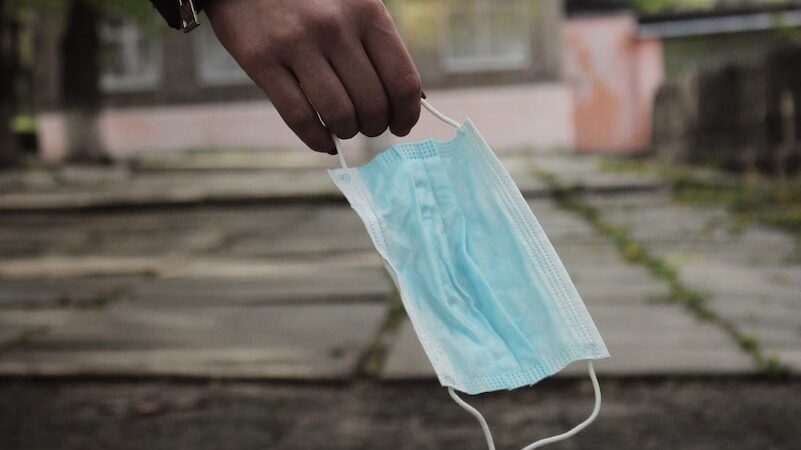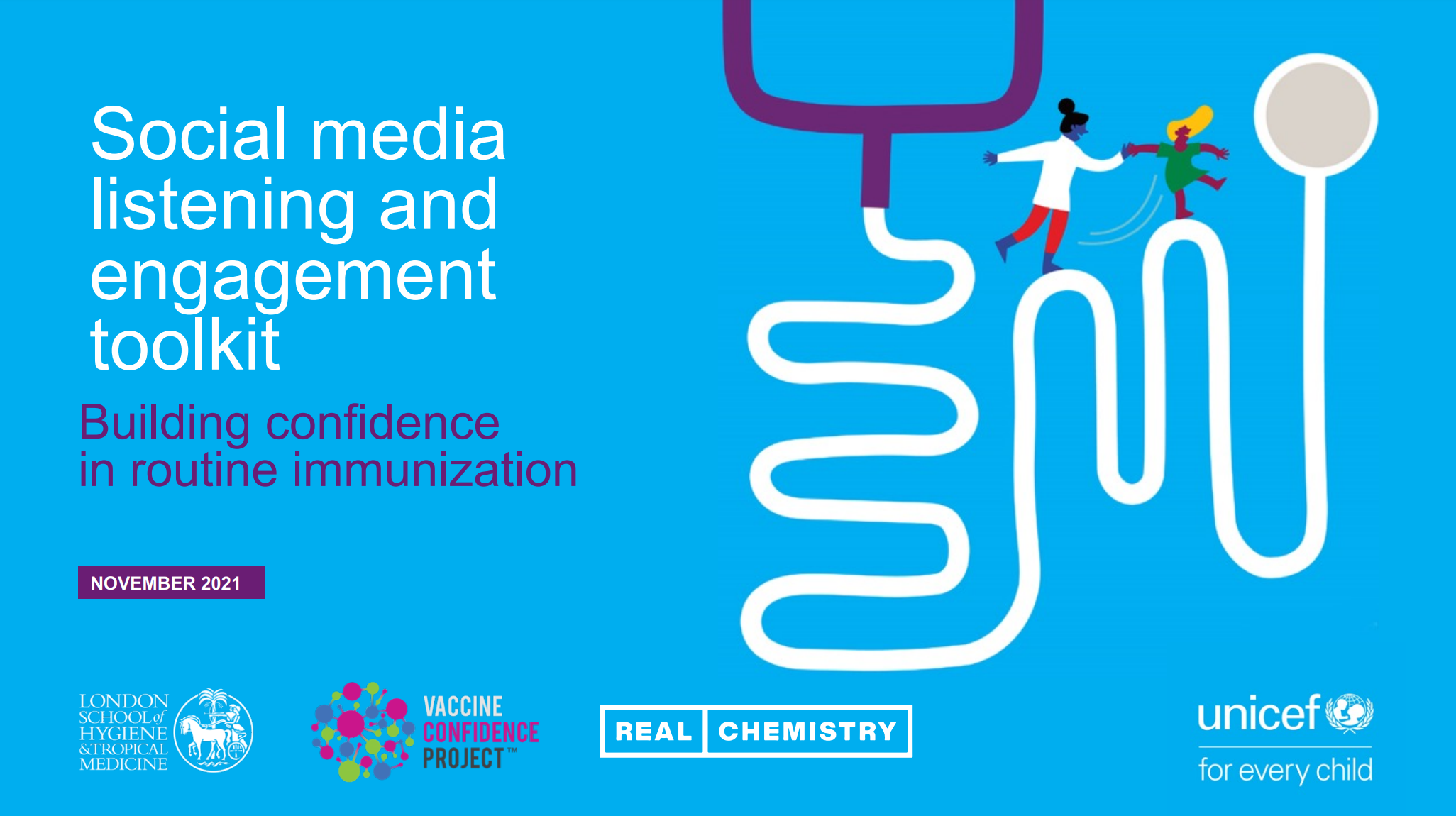The latest WHO/UNICEF estimates of national childhood immunisation coverage have revealed the largest declines in routine immunisation uptake globally in three decades. Through a large-scale retrospective modelling study, we investigate the extent to which vaccine confidence has changed globally using pre- and post-pandemic.







